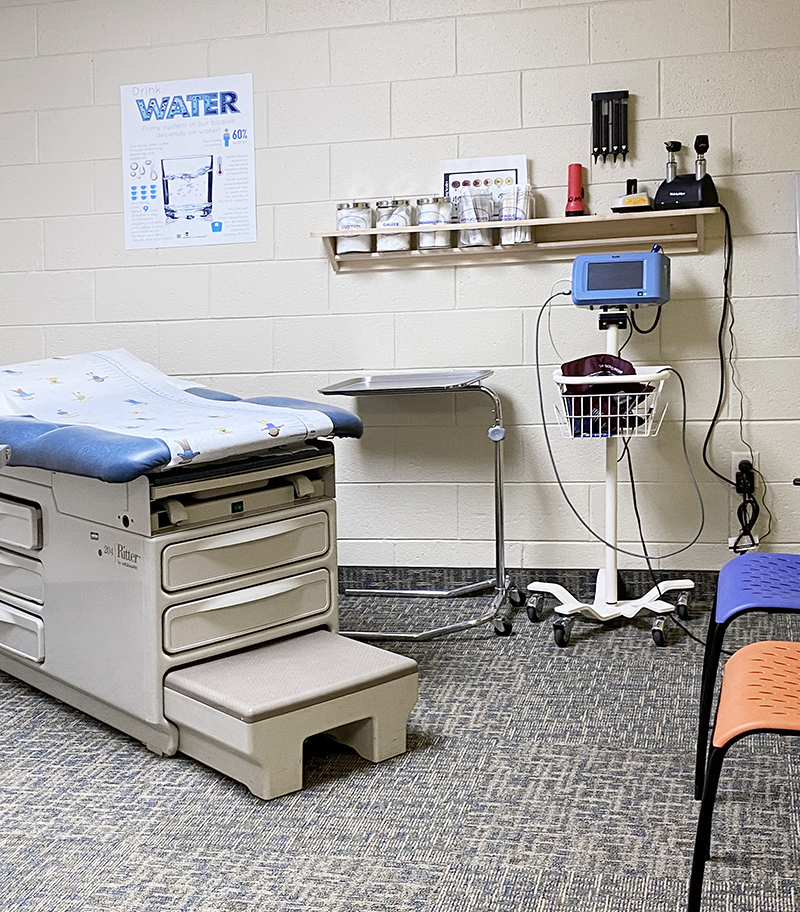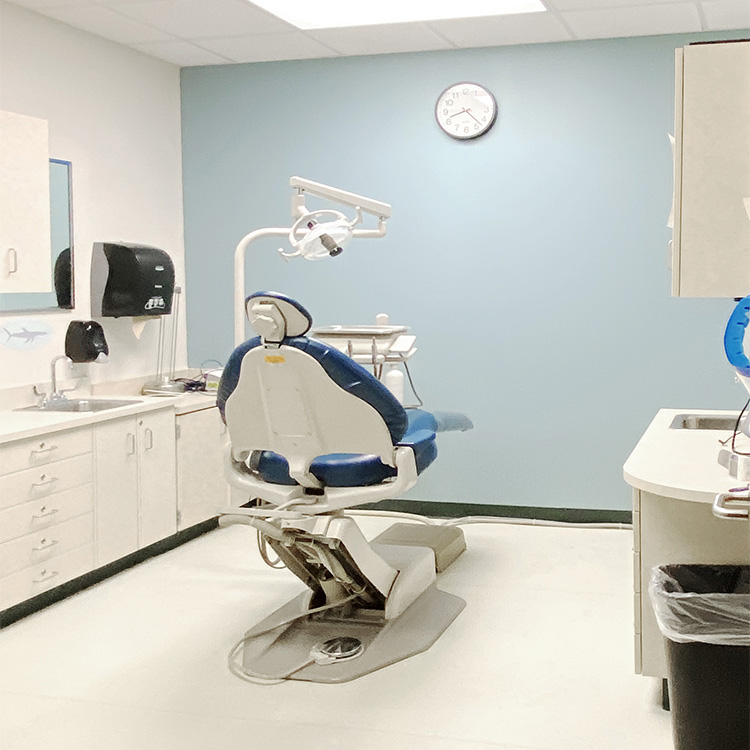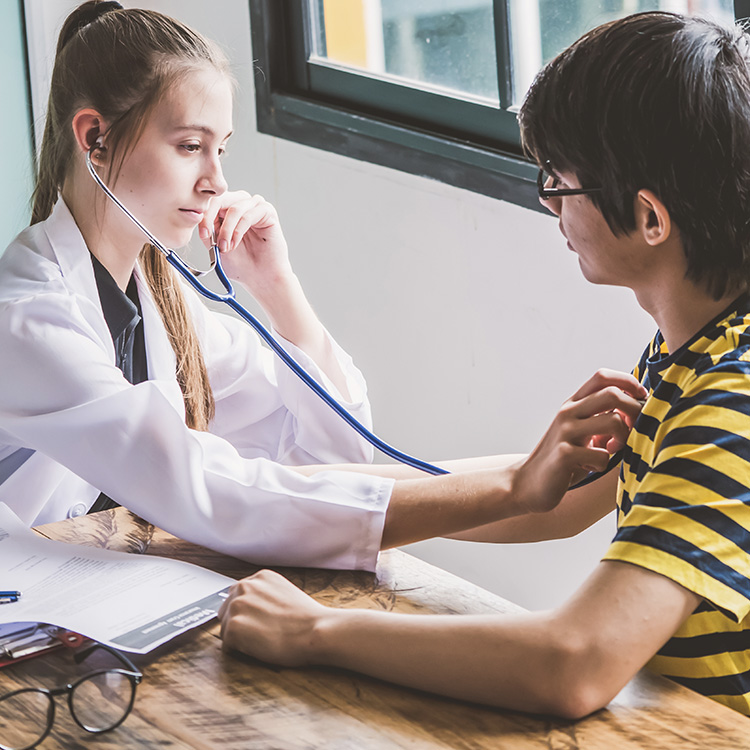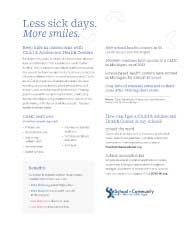

Healthy kids
learn better.
Child and Adolescent Health Centers (CAHCs) provide high-quality essential primary and mental health care services in an easily accessible setting — in or near school grounds. Parents must consent for their child to receive services which are provided by licensed healthcare clinicians such as physicians, nurse practitioners, physician assistants, and master's-level behavioral health professionals in a welcoming space.
For almost four decades, CAHCs have become essential sites for care across the state. With more than 300 of these centers in almost 75% of Michigan's counties, wellness is well within reach for our kids.
Healthy kids learn better.
Child and Adolescent Health Centers (CAHCs) provide high-quality essential primary and mental health care services in an easily accessible setting — in or near school grounds. Parents must consent for their child to receive services which are provided by licensed healthcare clinicians such as physicians, nurse practitioners, physician assistants, and master's-level behavioral health professionals in a welcoming space.
For almost four decades, CAHCs have become essential sites for care across the state. With more than 300 of these centers in almost 75% of Michigan's counties, wellness is well within reach for our kids.

School health center services
- Primary care
- Mental health care
- Day-to-day wellness visits
- Checkups and sports physicals
- Immunizations
- Chronic disease management
- Asthma
- Diabetes
- Dental services
- Health education
- Access to toiletries, such as soap and deodorant
- Telehealth services
- And more
CAHCs by the numbers



Frequently Asked Questions
Child and Adolescent Health Centers (CAHCs) are specialized health care facilities that provide a variety of health services to children and teens, right in or near their own school. Staffed by experienced, advanced-level practitioners, these centers expand access to care to keep kids healthy and learning.
CAHCs aim to address the unique health needs of young people, offering services such as physical exams, immunizations, mental health counseling, dental care, and health education in a welcoming space. Centers are often located in areas where families may have limited or no access to affordable, high-quality medical services, and can also be located off school grounds as School-Linked Health Centers (which often serve more than one school, with hours extending beyond the school day).
By helping to identify and address health issues before they become more serious, CAHCs increase attendance and graduation rates, improve school performance, and help our kids succeed.
CAHCs eliminate barriers to access by bringing services right where students are during the day. Aside from being more convenient all-around, this is especially important for families with limited transportation options or for working parents who can’t take time off work. These centers are also essential for many families that lack a primary care physician; for many kids, this may be their only chance to see a doctor. For children who do have access to a primary care physician, the CAHC will coordinate care.
Additionally, for day-to-day health issues and mental health concerns, CAHCs take these issues out of the classrooms and connect students with qualified medical professionals – because teachers shouldn't have to be nurses and therapists, too.
Establishing a CAHC begins with advocacy. Parents and guardians, school employees, and other community members can spread the word about how they’d like a CAHC at their school to their local school board members and superintendents. Once this need is demonstrated, schools can apply to have a center established in their district. We’ve provided some outreach resources below to help you get started.
The School-Community Health Alliance of Michigan exists to support school-based and school-linked health centers and programs, and help bring these centers to more schools. Learn more about SCHA-MI at scha-mi.org.
Help us spread the word

“About CAHCs” Handout

Email script – Asking for a health center

Email script – Sharing your support
